Carnivals In France And Francophone Countries
Carnaval de Nice (February 10 to February 26, 2023) :
This carnival began in 1294 but it was in 1873 that a real organization of carnival was set up in Nice to organize the carnival under the control of Andriot Saëtone. Originally, the carnival of Nice was a pagan festival. It takes place before the period of Lent. So, this is a time when abundance is allowed.
In 1876, the Battles of Flowers were created by Alphonse Karr.
It is the romantic moment of the carnival, women throw flowers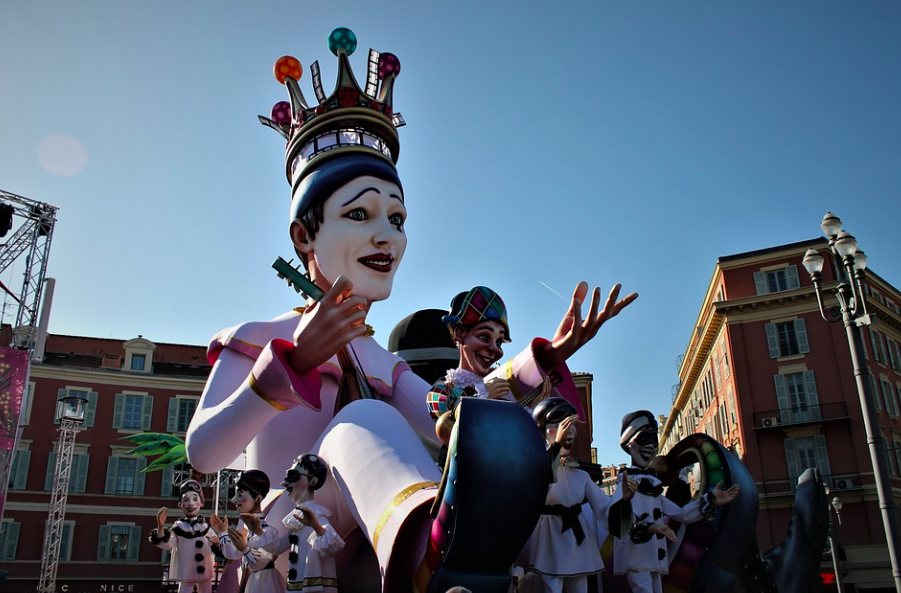 on the crowd. These flowers are locally produced, which helps to promote the producers of the region.
on the crowd. These flowers are locally produced, which helps to promote the producers of the region.
The tradition is to present artists from the region but also international artists. The royal family is an essential attraction of this carnival: It is the arrival of his majesty Carnaval on the place Massena which announces the opening of the carnival.
This carnival is influenced by cultures from around the world, there is a great mix of music, dance and costumes from different countries. This carnival is known worldwide.
The theme of this year's carnival is: King of the World Treasures
Carnaval de Guadeloupe (January 1 to February 21, 2023):
Originally, this carnival was introduced by the colonists in the 17th century. Now, this carnival takes place for almost 2 months. The local culture is emphasized throughout the carnival. Thus it is at the same time a moment of celebration but also a moment of political claims on the question of the preservation of the culture.
This carnival is characterized by parades, costumes, music... There are also traditions such as burlesque weddings where couples dress in the clothes of the opposite sex. The end of the carnival is marked by the death of Vaval (the king of the carnival). It represents all the problems of the year, so it is burned at the end of the carnival.
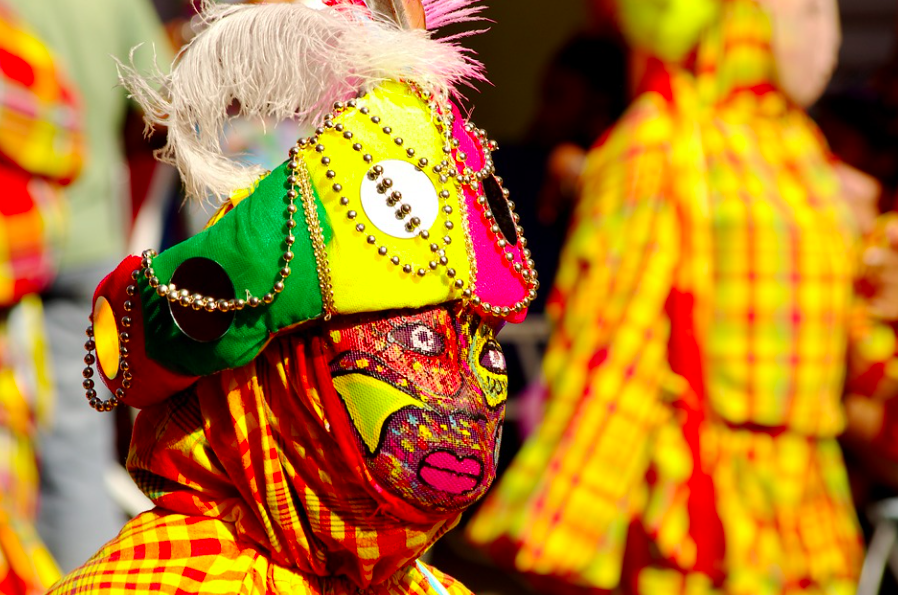
Carnaval de Binche (February 19,20,21, 2023):
 Today this carnival crosses the borders of Belgium and has a worldwide reputation. It is recognized in the immaterial heritage of UNESCO.
Today this carnival crosses the borders of Belgium and has a worldwide reputation. It is recognized in the immaterial heritage of UNESCO.
These festivities precede Lent. The traditional characters of this carnival are the Gilles, they must be Binchois of origin. They can be
recognized by their wax masks on their faces and their costumes.
Carnaval de Paris (February 19, 2023):
This carnival goes back to the XIth century with the “Fête des fous”, it was a moment of freedom where the grotesque was accepted. The center of the carnival is the Notre-Dame bridge. In the XV Century, it was the "boeuf gras" walk that made it famous. The carnival became a celebration of the artists of the city and the Paris Police. It disappeared during the war and started again in 1990.
The participation in this carnival is international, we find Belgian, Italian participants…
Today, the Paris carnival starts with a walk from the Place Gambetta with a cow at the head of the parade.
The theme of this year 2023 is vegetal world under the stars.
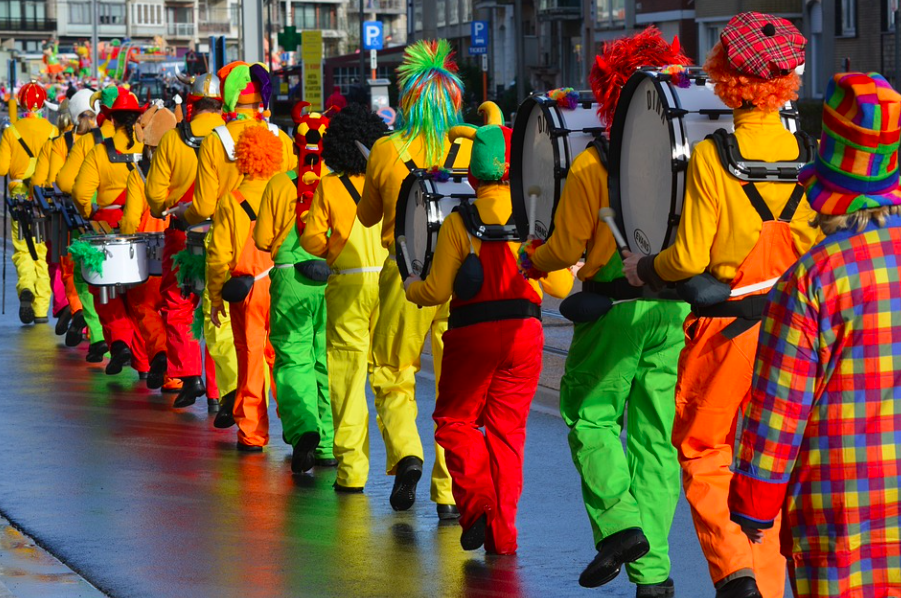
Carnaval de Dunkerque (january 21 to march 11, 2023):
In Dunkerque, when you participate in the carnival, you are part of "la bande". This carnival dates back to the celebrations of the fishermen's bands that left for Iceland.
 “La cohue des masques” is a tradition, it is a walk to the music of drums in which the lines advance by pushing the others. Another
tradition is "les bals", during the night the people meet in houses to continue the party. Strict rules exist around this carnival for its
correct execution. People must be dressed up, know the songs, glass bottles are forbidden, the respect of the lines in "the band" is
mandatory, the first line can only be occupied by people who have already done several carnival (security reason because it holds back those
who push), if a person falls people must scream "fall" and help the person…
“La cohue des masques” is a tradition, it is a walk to the music of drums in which the lines advance by pushing the others. Another
tradition is "les bals", during the night the people meet in houses to continue the party. Strict rules exist around this carnival for its
correct execution. People must be dressed up, know the songs, glass bottles are forbidden, the respect of the lines in "the band" is
mandatory, the first line can only be occupied by people who have already done several carnival (security reason because it holds back those
who push), if a person falls people must scream "fall" and help the person…
The throwing of herrings by the mayor is a tradition that also comes from the fishermen's festival because they used to go fishing for herrings.
Carnaval de Québec (February 3 to February 12, 2023):

This carnival celebrates Winter. We see appearing in the city ice sculptures, lights...One of the first ideas of this carnival is to warm up the population which lives a hard winter. Bonhomme is the mascot of this carnival, he made his first appearance in 1955.The tradition is that the mayor gives him the keys to the city at the beginning of the festivities.
Carnaval d’Albi (February 18 to March 5, 2023):
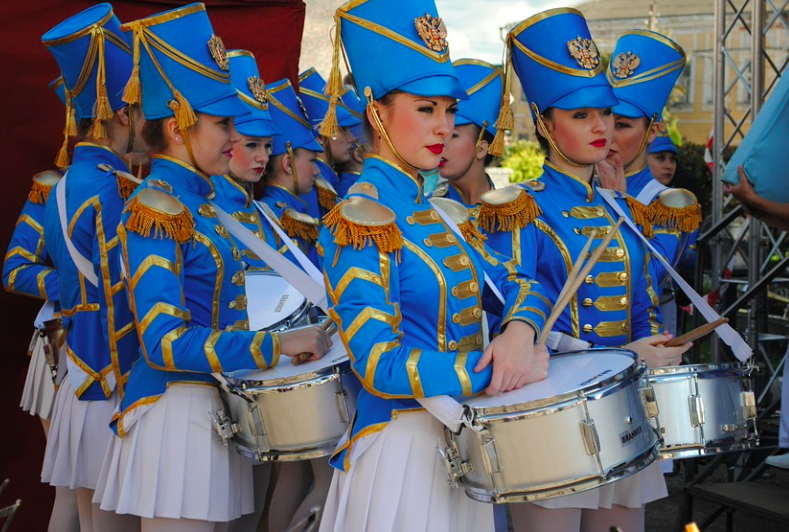
The carnival has been celebrated every year since 1951. This year's theme is "Haut les masques!". The event is now considered as a family event. There are floats, confetti, fanfares, batucadas, majorettes ... and especially a lot of colors. The great specificity of this carnival are the spectacular pasteboard floats
Carnaval de Martinique (February 19 to February 22, 2023):
Originally, in Martinique the slaves organized celebrations despite the prohibitions to celebrate their culture. These gatherings were several times banned by the settlers. Finally the carnival stabilizes before and during the “jours gras”. It is only with the abolition of slavery in 1848 that the carnival becomes popular and can take place. The most famous of the 19th century is the carnival of Saint-Pierre. One of the symbols of the carnival is the very colorful traditional Creole costume of the women. This carnival is very attached to its history. Indeed, today we can see theatrical representations of the work of the sugar cane which was the emblematic agricultural production of Martinique.
The carnival begins with the Creole song contest. Then, the queen of the carnival is chosen. The orchestras and the groups parade in the streets. On "Lundi Gras", people walk in the street in their pajamas and go to the tasting of the Creole boudin and the Martinique punch. Then, the burlesque wedding is organized in the afternoon. Often the man is dressed like a woman to make fun of the traditional wedding. The "Mardi Gras" is characterized by the red devils and especially the big devil mask that scares the children.

Carnaval de Mulhouse (February 22 to February 26, 2023):
 The theme of the carnival is “70′ Seventies - Flower Power!”. We begin to speak about the carnival of Mulhouse in 1860. However, the Second
World War had a very negative impact on the carnival. Thus, the carnival was revived by associations and in 1954 it was organized again. The
tradition is to elect a carnival prince. The famous "Mülhüser Waggis" are the grotesque symbols of carnival.
The theme of the carnival is “70′ Seventies - Flower Power!”. We begin to speak about the carnival of Mulhouse in 1860. However, the Second
World War had a very negative impact on the carnival. Thus, the carnival was revived by associations and in 1954 it was organized again. The
tradition is to elect a carnival prince. The famous "Mülhüser Waggis" are the grotesque symbols of carnival.
Carnaval de Granville (February 17 to February 21, 2023):
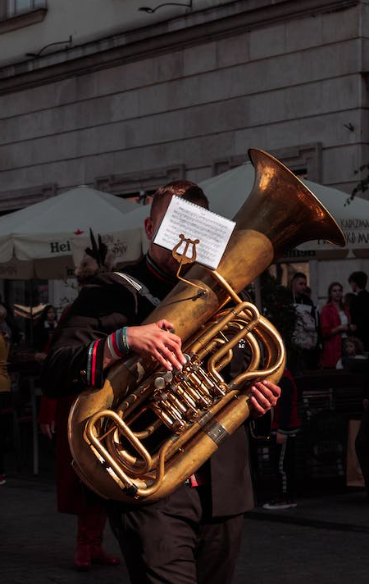
The tradition of the carnival are the satirical and humorous cavalcades, it is 45 floats and people that parade, accompanied by fanfare. It is since 2016, registered as intangible heritage by UNESCO. You can see the children's ball, an orchestra, the king of the carnival burned on the last day and a confetti battle.
The history of this carnival is also linked to the departure of the fishermen who celebrated their departure for cod fishing.
A tradition is "the intrigues" that consists of dressing up and seeing people you know and telling anecdotes without being discovered.
Carnaval de Menton (February 11 to February 26, 2023):
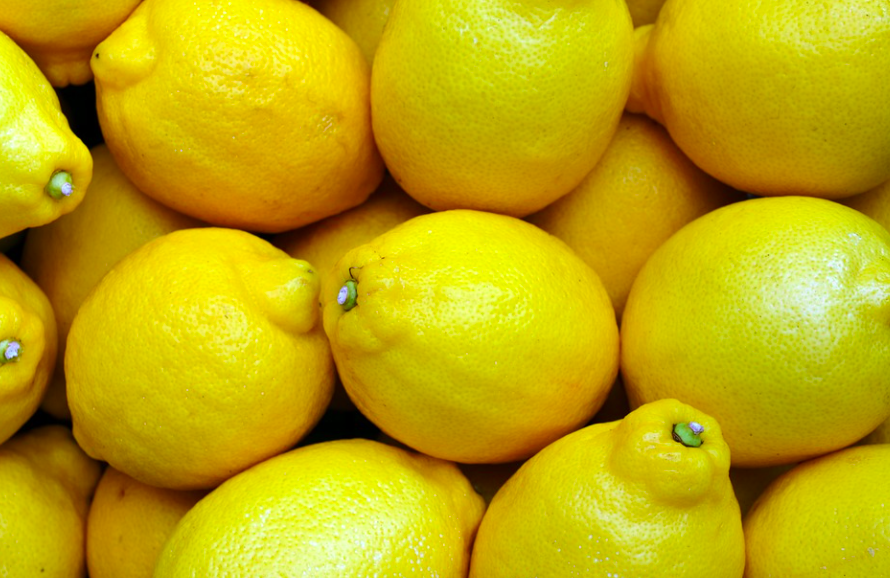 This carnival is rather called "the lemon festival". The theme of this year is “Rock & Opera”. The goal is to highlight the
colors and fragrances of the French Riviera. Thus, there are sculptures in lemons and oranges of the region, exhibitions on
citrus fruits, there is also a battle of flowers as in Nice, its neighbor city...The carnival ends with a fireworks show.
This carnival is rather called "the lemon festival". The theme of this year is “Rock & Opera”. The goal is to highlight the
colors and fragrances of the French Riviera. Thus, there are sculptures in lemons and oranges of the region, exhibitions on
citrus fruits, there is also a battle of flowers as in Nice, its neighbor city...The carnival ends with a fireworks show.
Sarah, Thank you for your contribution!
Design by Monsieur Graphic
